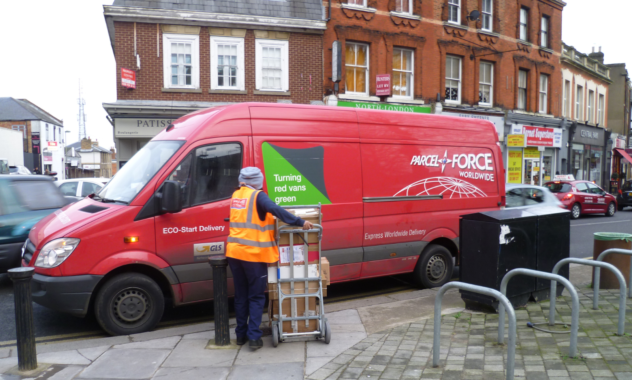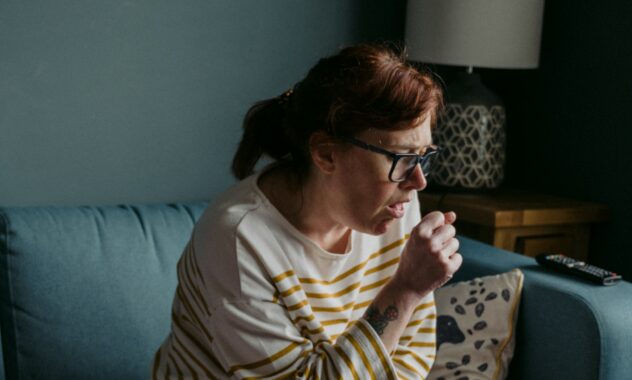Raise sick pay to prevent spread of virus, report recommends
The Resolution Foundation suggests extending the Job Retention Scheme to those forced to self-isolate

A new report from think tank the Resolution Foundation has called on government to use its Job Retention Scheme to raise the amount of money workers receive when self-isolating.
The proposals come after the UK’s Head of Test and Trace, Dido Harding, told a government inquiry into the pandemic that inadequate sick pay was a leading factor in individuals ignoring the advice to stay at home.
“All the evidence shows that people are not complying with isolation not because they don’t want to, but because they find it very difficult,” she admitted.
“The need to keep earning and to be able to feed your family is a fundamental element of it.”
Indeed, the Resolution Foundation’s report Time Out, calculated that the £96 per week workers are entitled to via Statutory Sick Pay makes up just a quarter of the average wage and some of the most high-risk workers are not even entitled to that.
Two million people – including a quarter of part-time workers – take home less than the Lower Earnings Limit of £120 a week, excluding them from the right to Statutory Sick Pay, and one-in-seven of these work in high-risk sectors such as retail, hospitality and leisure.
The report recommends that the government’s Job Retention Scheme should be extended to cover workers who are temporarily self-isolating rather than just those that have been furloughed. This would mean sick pay would rise to 80% of usual wages.
Further, it proposes self-employed workers should be awarded grants of up to £830 when they self-isolate for ten days through the Self-Employment Income Support Scheme (SEISS); and those who are not eligible for SEISS should receive £96 a week through enhanced ESA.
The Institute of Employment Rights goes further, recommending that sick pay should be raised to a workers’ full usual wages, as has been implemented by the Welsh Assembly for care staff in Wales.







